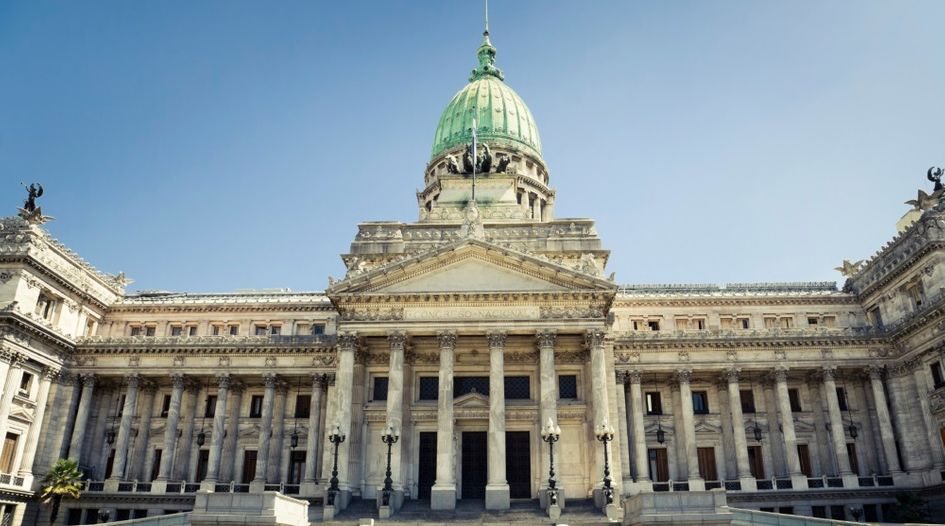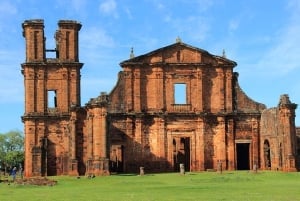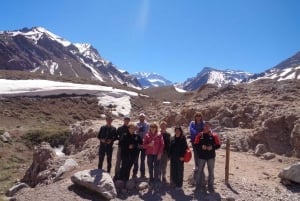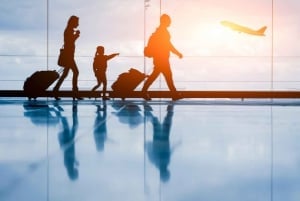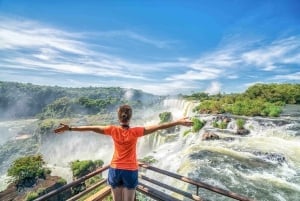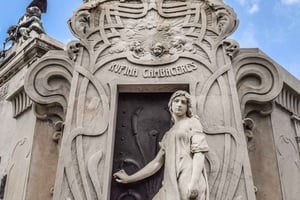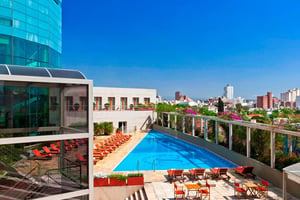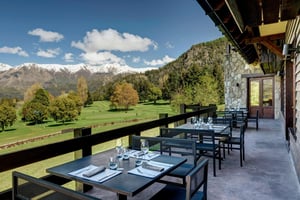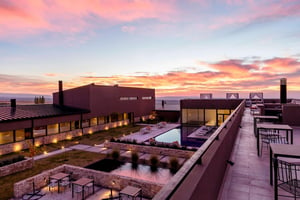Government
An important interruption in the modern democratic cycle has happened between 1976 and 1983 when General Videla’s military junta reigned. Dictatorship stopped in 1982 with the defeat of the Malouines’ war against England.
Voting is mandatory, only the minors between 16 and 18 years old who are allowed voting since 2012 are not obliged to vote. Politics is as popular as football in Argentina, and similar in the sense that rules exist and are set but no one actually respects them in the field. Corruption methods during campaigns are totally known by everyone and prevent from democracy’s expression. During a vote, it isn’t people’s voice that is heard, only the voice of the ones who scream the loudest. There is a structural opposition between people that depend on the state to work (3,5 million people according to the Argentinian government) and the workers from the private sector.


